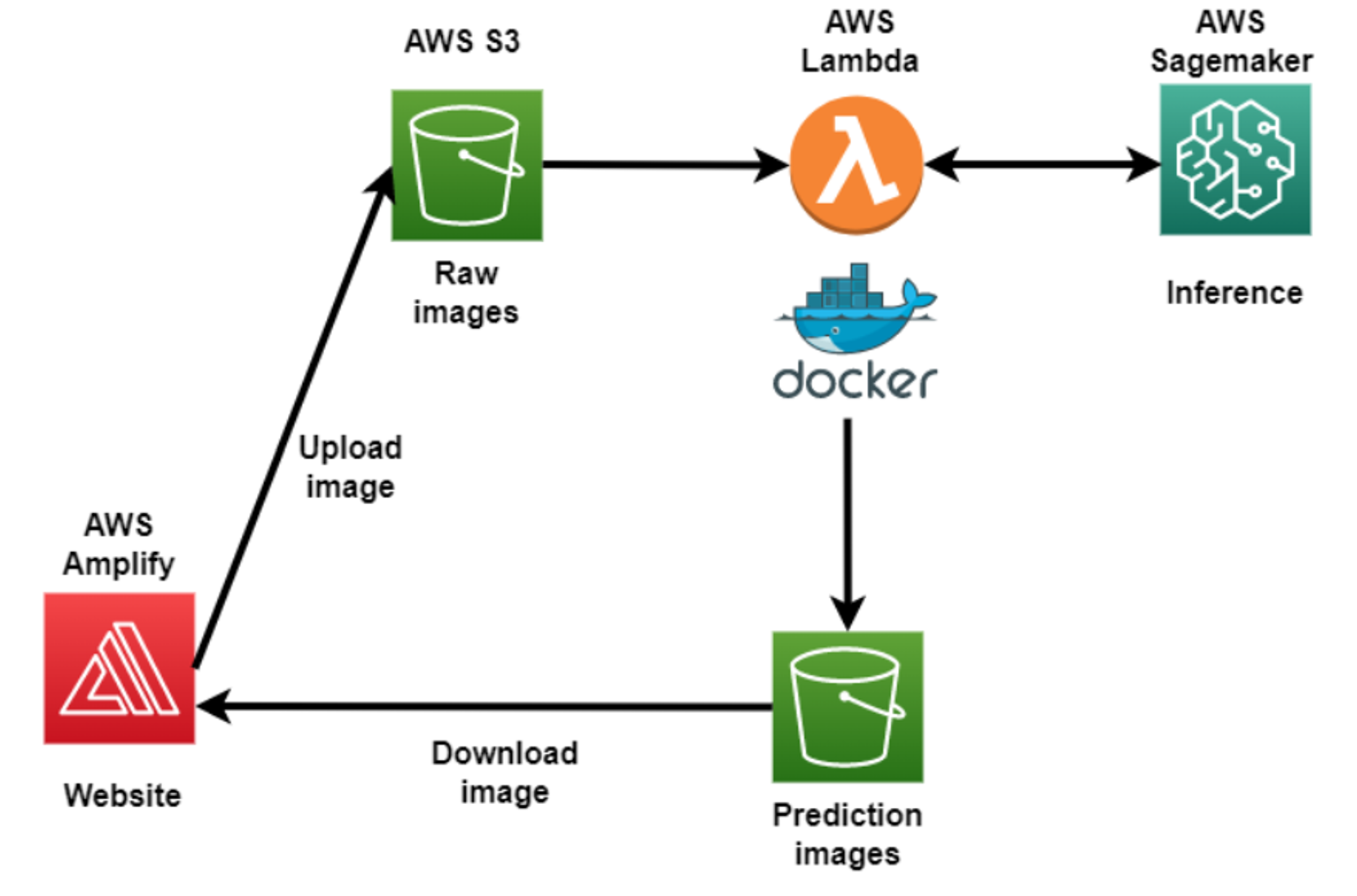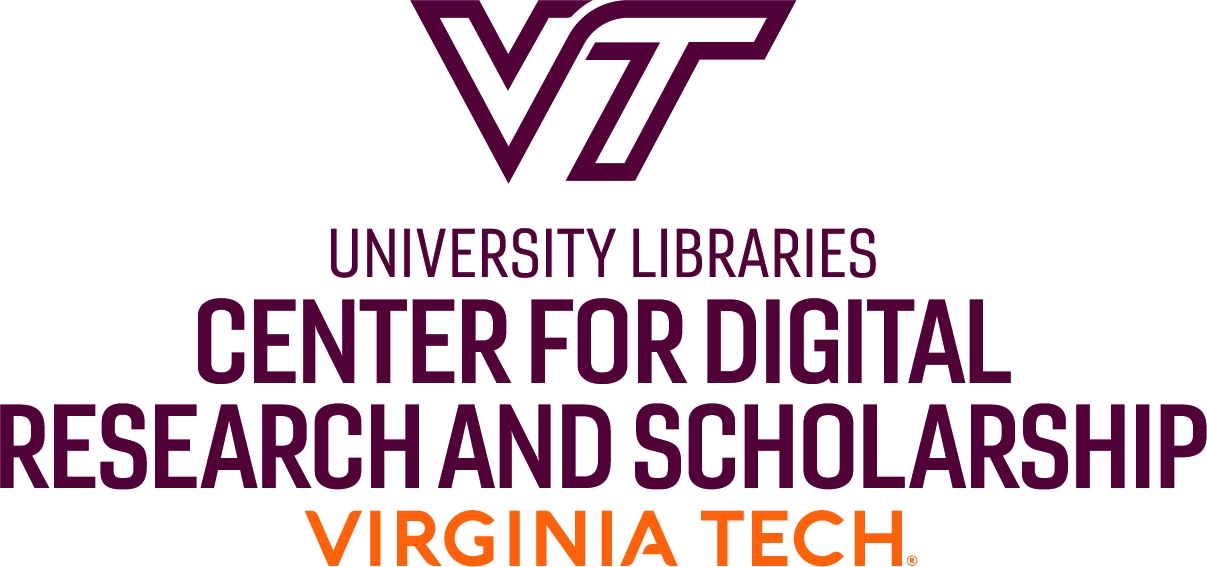 |
|
|
|
| The project focuses on advancing machine learning (ML) through a data-centric methodology, aiming to enhance ML models' performance by emphasizing the quality and consistency of training data. It plans to develop a pilot ML Operations (MLOps) pipeline targeting image segmentation tasks. It involves training deep neural networks with varied data volumes from areas like FIB-SEM. The project's key research domains comprise exploring the necessary data and resources for constructing robust ML models, evaluating the influence of data quality on ML algorithms, and identifying the critical components of the MLOps pipeline that contribute to effective model performance feedback. This initiative is crucial to establishing standard practices for integrating a data-centric approach in ML projects. |
 |
 |
| The project has assembled a set of training datasets and utilized them to train various models based on established algorithms. These models have undergone thorough evaluation to assess their performance and predictive accuracy. The experiment results and findings are preliminary results for an Institute of Museum and Library Services (IMLS) National Leadership Grants proposal, which funded in September 2023 (LG-254883-OLS-23) |
| Students |
|
